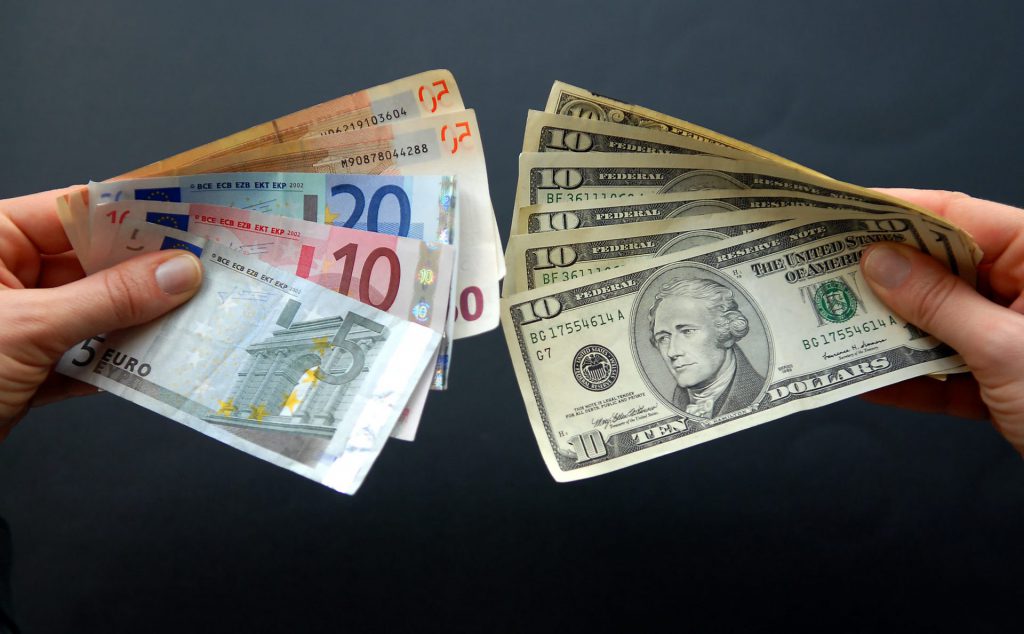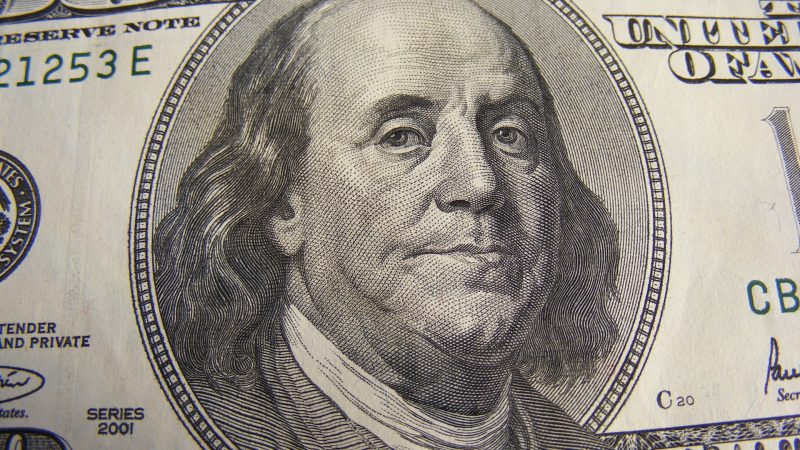The superiority of the US dollar is declining every year as BRICS and other developing countries are working towards uprooting it from the world’s reserve currency status. The latest data had shown that the US dollar’s reserves around the world had already fallen below the 60% mark. The Atlantic Council reported that the US dollar’s global reserves fell to 59% last year.
Also Read: BRICS: 2 Countries Settle Oil Trade in New Currency, Discard US Dollar
That’s a gradual decline since 2002 when the global reserves in central banks stood at 72%. The last 23 years saw the USD reserves falling by 13% and the decline could continue further. The decrease falls in line with the BRICS agenda of de-dollarization where the US dollar’s dominancy is getting punctured.
Also Read: BRICS: When Barack Obama Predicted the US Dollar’s Future
BRICS: Global Invoices in the US Dollar Falls to 50%


Jane Foley, Rabobank’s FX Strategy head said in a recent interview with Bloomberg that the global invoices in the US dollar are now just 50%. The recent data from the SWIFT payment messaging system also shows that global invoices in the US dollar have topped 50.2%. BRICS members are now rewriting trade deals where local currencies are used and not the US dollar for cross-border transactions.
Also Read: What Are the Advantages of a BRICS Currency?
“There’s a lose correlation between the amount of invoices done in or written in the US dollars round. About 50% of the world’s invoices are written in the US dollars. So fundamentally central banks need dollar reserves,” said Foley. However, she stressed that the development could change soon. “And I think that will change,” she said. Read here to know how many sectors in the US will be affected if BRICS ditches the dollar for trade.
“Over the last 40-50 years, the share of the world’s trade from the US dollar has shrunk really because China’s growth in the emerging markets are great, but that is still nearly 60% of reserves,” she said. If BRICS continues the de-dollarization agenda, the US dollar could lose more value in the coming decades.





